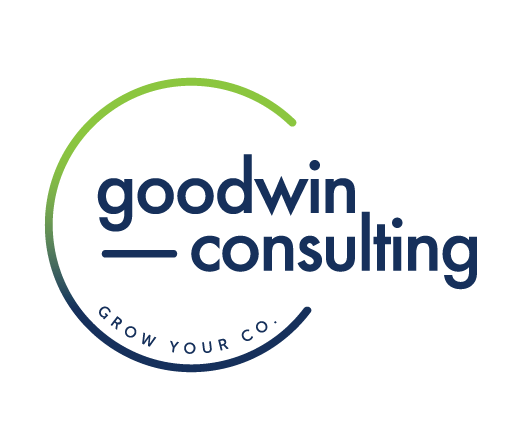Ways to Stay Connected to Current Clients and Build New Connections in Isolation
How do you create strong relationships? As Broadway composer Stephen Sondheim writes, “It’s the little things you do together.” Small, seemingly insignificant interactions—sharing a laugh after a meeting, catching up over a drink, attending a summer barbecue—are at the heart of relationships that last. And today, most of those interactions have been cancelled indefinitely.
While the shift to remote work has been necessary to keep us healthy, it has come at a cost. We’re isolated in the way we work, live, and connect with the people who matter to us. Without proper care and attention, relationships you’ve nurtured for years can quickly wither away.
The usual ways of interacting may not be available due to safety restrictions or personal comfort levels. So you’ll have to get creative if you want to maintain your current relationships and start building new ones. As someone who has made a career counseling others and creating and implementing communication strategies, here are some tips on how to stay connected:
Maintaining Current Relationships
You know that customer retention is easier and more cost-effective than customer acquisition. During economic uncertainty, double down on the relationships you’ve already built. Expect clients to need extra support right now: we’re all craving reassurance from people we trust.
Here are four ways to foster better communication in current relationships:
-
- Stay in touch. Provide quick status updates via phone or email to let customers know that their project is in progress and what you’re up to in the background. A 5-10 minute update can identify potential issues before they become major concerns and strengthen the bonds of the relationship.
- Respond promptly. Get back to clients in a timely fashion—I try to respond within 24 hours during the work week if not sooner. Build in pockets of time throughout the day to answer client emails or messages, then get out of your inbox and focus on your deeper work.
- Identify client preferences. Find out which customers prefer scheduled check-ins and which ones want to chat with you on a whim. Err on the side of over communication: when in doubt, reach out.
- Show them you care. Forward your client a relevant business article or a funny video they’d enjoy. We all love to open an email that says, “Saw this and thought of you.” It shows clients that you know who they are, remember what’s important to them, and want to stay connected.
Building New Relationships
I’ll be honest: it’s not easy to forge connections right now. But if you’re committed, it is possible.
Here’s how to approach new relationships with potential customers and clients:
-
- Be realistic. Industries like event planning, entertainment, and hospitality are being hit especially hard. Be sensitive to their situation, and don’t waste your efforts on businesses who aren’t in a position to commit.
- Do your research. Before you chat with potential customers, learn about their organizations. Identify a persistent struggle they face or problem they want to overcome, then determine how you’ll offer a solution.
- Get creative. Consider whether a prospect is facing any new issues due to current circumstances. Can you pivot or adapt an offering to meet their needs?
- Work for it. Customer hesitation is up in this economic climate. Keep reaching out consistently, and don’t be surprised if lead times are longer than normal. It may take more time to build the trust needed to make a sale.
- Offer to help. The only thing better than a “go-getter” is a “go-giver.” Focus your efforts on helping as you build your relationships. Initially, that might mean sharing an idea or some free advice, then converting the client once they’ve seen results.
Isolation makes us crave connection, and the desire for authentic communication is more important than ever. Take this opportunity to reach out in a way that’s personal, consistent, yet flexible. In doing so, the relationships you foster will be built to last.

